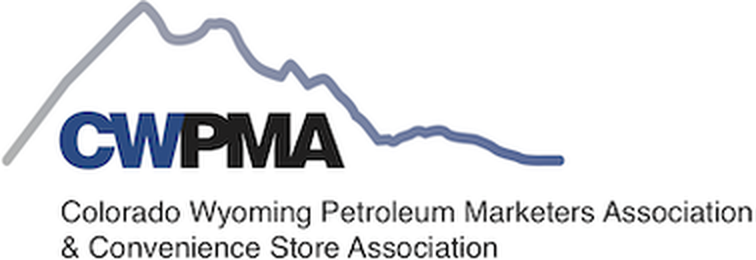Choose clean air; choose opportunity
Policy matters. It shapes our economy, our businesses, and our opportunities. Thoughtful, practical policies based on fact are the bedrock of what makes Colorado the envy of people across the nation.
This week, the Air Quality Control Commission will make policy, and it will matter. Members of the commission are slated to engage in a rule-making process that will have far reaching — and potentially damaging — impacts on Colorado for years to come. The commission is grappling to find effective and innovative ways to move the needle toward improving air quality, an issue that strikes at the heart of what makes Colorado so unique and so desirable.
Clean air is supremely important to Coloradans. To a person, we recognize that fresh, clean air is an essential aspect of our quality of life. The debate is not about whether we support clean air. Rather, it’s about how do we achieve better, measurable air quality without imposing draconian mandates that cause hardships on employers, employees and communities.
Despite the state’s success in reducing ground-level ozone-causing emissions, ozone levels remain high in Colorado. As a result, the federal Environmental Protection Agency (EPA) has reclassified Denver and the Northern Front Range as a “Severe non-attainment area” under the 2008 ozone standard. That classification requires the state to take additional steps to improve its air quality. Those steps range from cancelling transportation funding, to mandating the use of a new, more costly gasoline to regulations on the type of lawn equipment Coloradans can use.
These proposed mandates do not scientifically improve air quality but will stifle the economic engine that’s enabling the air quality improvement we’re already seeing in Colorado. In the United States, air pollution has dropped by about 62% since the Clean Air Act was passed in 1970. Technology and innovation have driven changes across all industries to improve air quality. We simply cannot ignore that contribution or risk stalling it in the future.
In Colorado, the state legislature has passed at least 45 different laws addressing energy, the environment or air quality since 2019.
Each of these new regulatory measures comes with a cost that translates into higher costs for consumers and in many cases, little to no improvement to air quality at all.
Despite the new regulations, our air quality still fails to meet EPA standards largely because 71% of Colorado’s ozone is outside of our control, as it is flows into Colorado from other states and nations or is caused by the natural environment. In other words, placing mandates in Colorado will not improve air quality as we have no control over what other states do.
The AQCC has the authority to implement Rule 179B. The rule would allow the EPA to determine that Colorado could achieve the clean air standard “but for” the international transport that originates beyond our borders and could relieve us of some of the outdated burdens built into the Clean Air Act. Implementation of this rule would allow Colorado to focus on the 30% of our air quality that we can impact, and it would allow our innovators to drive technology and improvement in ways we have yet to even dream.
Former Gov. Dick Lamm, a Colorado legend, said, “Everything we do in public policy prevents us from doing something else.” With all due respect, on the issue of clean air, we can choose clean air and we can choose to implement policies that preserve and protect opportunities that allow Coloradans to thrive.
Adam Burg is vice president of government affairs at the Denver Metro Chamber of Commerce.
